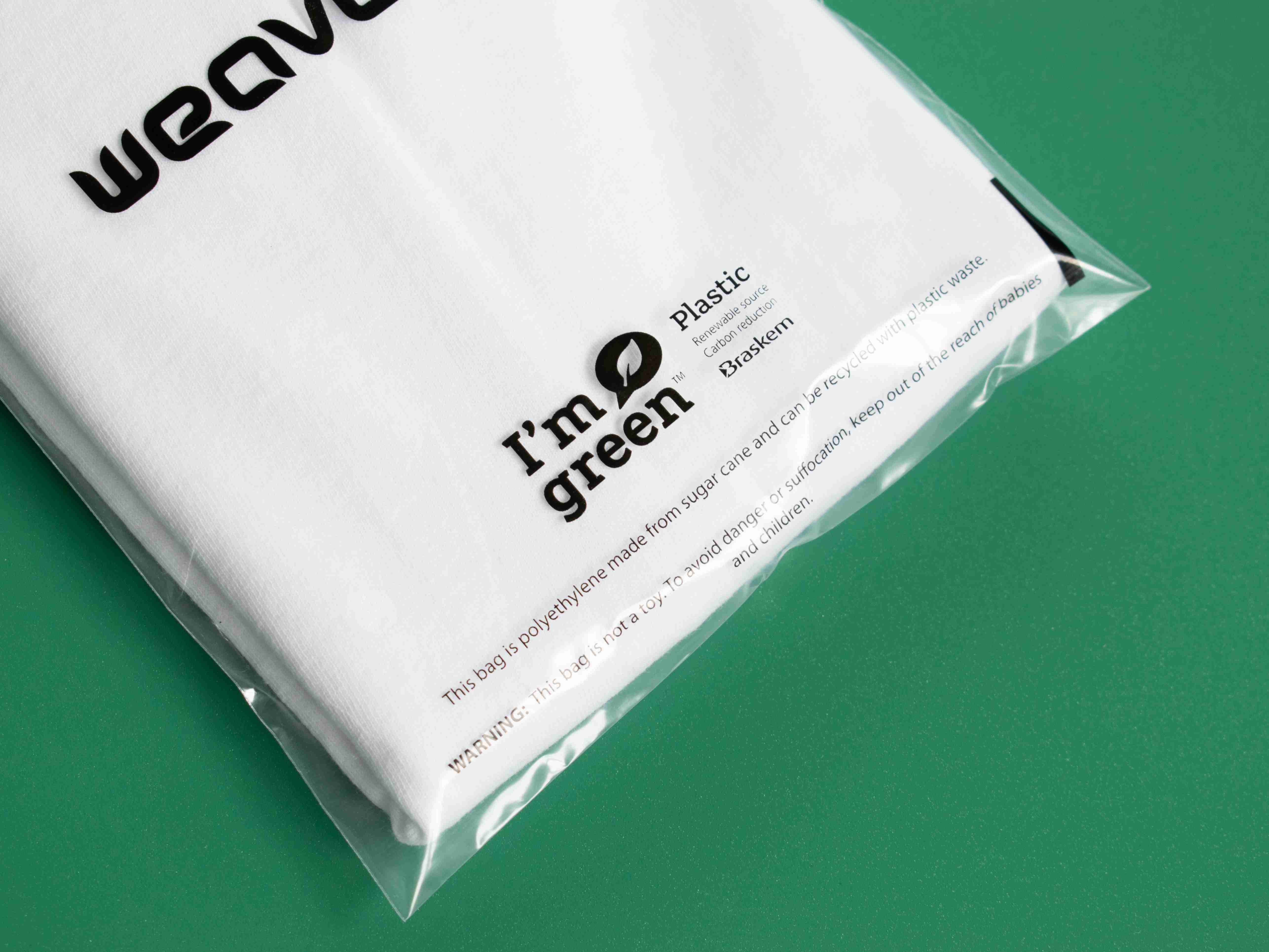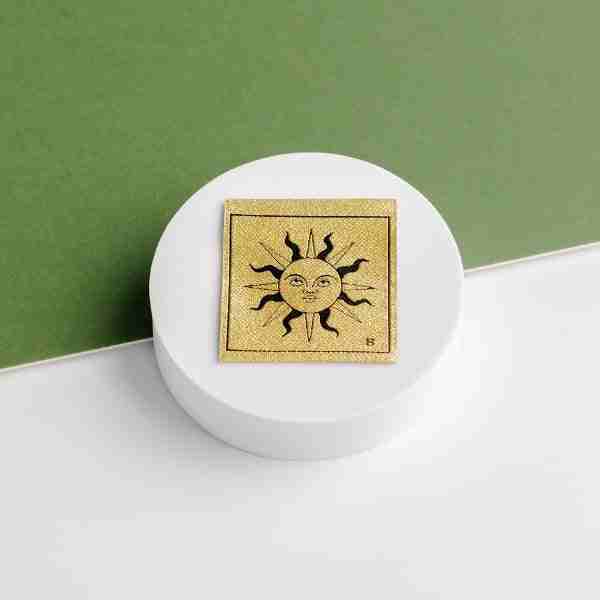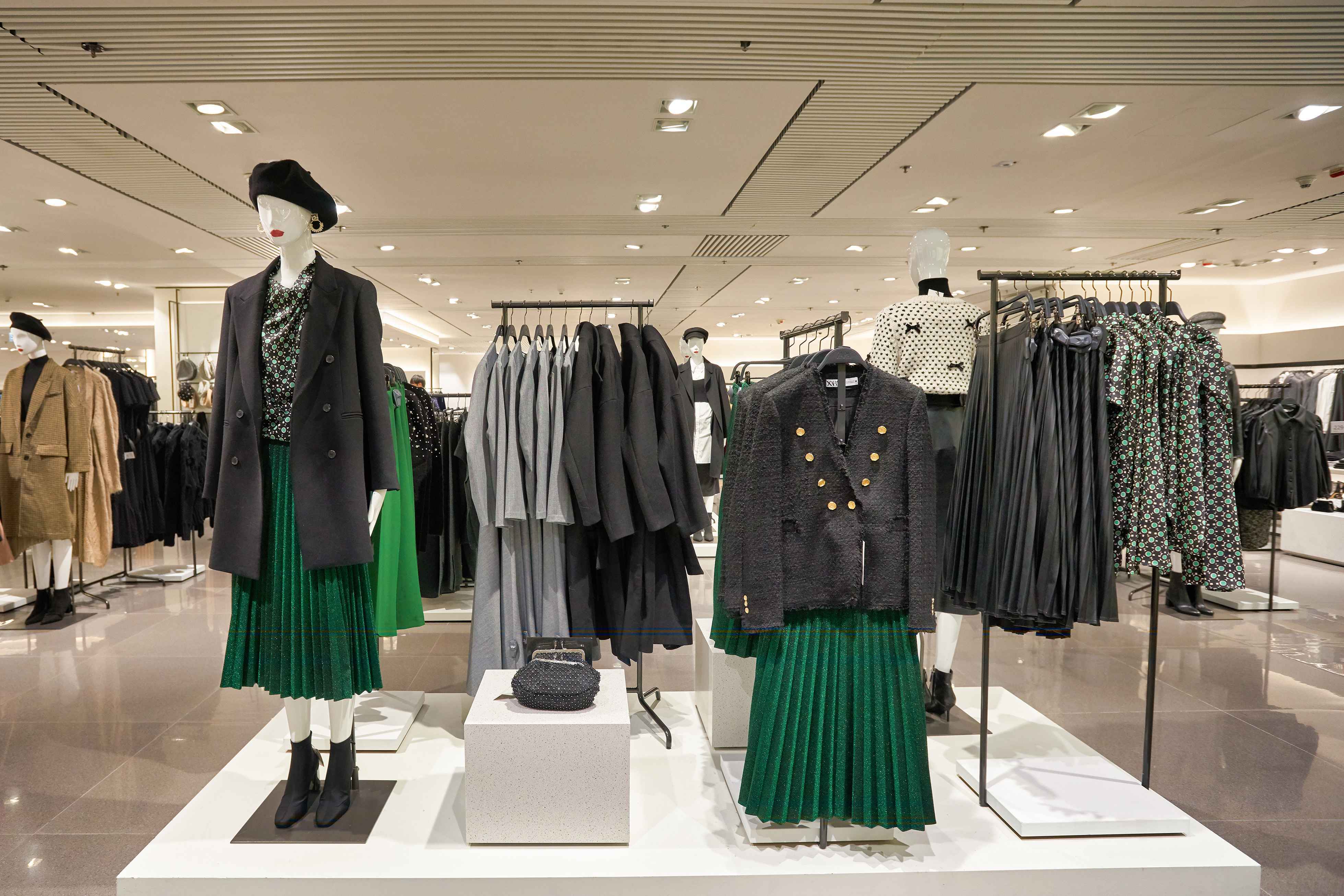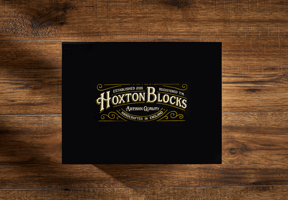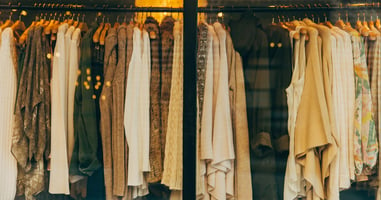The sustainable fashion glossary
The ABCs of sustainable fashion: From greenwashing to reshoring, here’s a glossary of the key sustainable terms you need to know.
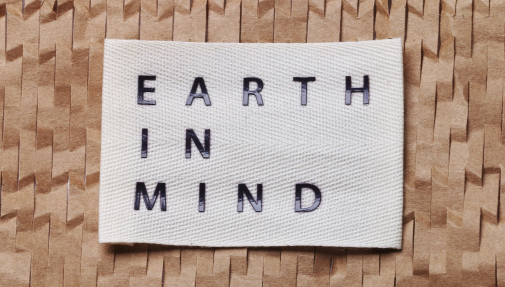
Ethical and sustainable fashion terminology isn’t always as easy as it seems. With such a big focus on sustainability, the sheer number of terms and their definitions can sometimes be confusing — and new terms are created regularly.
To simplify things, we’ve compiled a list of ethical fashion terminology you need to know in a sustainable fashion glossary. So, let’s take a look at the ABCs of sustainable fashion by clicking on the letters below.
A | B | C | D | E | F | G | H | I | J | K | L | M | N | O | P | Q | R | S | T | U | V | W | X | Y | Z
A
An artisan is a skilled craftsperson who creates products by hand. Using traditional methods and high-quality materials, artisans handcraft products that boast the highest quality of craftsmanship, detail and traditional distinction, ensuring sustainability at every stage.
Non-traditional fibres sourced from plants or recycled materials, such as bamboo, hemp or recycled polyester, are commonly referred to as alternative fibres. These fibres have a lower environmental impact than conventional fibres.
B
Biodegradable is one of the most commonly used terms in sustainable fashion, which means the material can naturally degrade/break down without negatively impacting the earth. While all materials break down eventually, some take thousands of years, destroying the earth (like plastic, for instance). Biodegradable items decompose naturally reasonably quickly and avoid pollution.
B-Corp is a certificate awarded by B-lab, a nonprofit organisation, to businesses that meet the highest social, environmental and transparency standards.
C
Circularity involves creating products to reuse, repurpose and recycle them. This minimises their carbon footprint, keeping them in use for as long as possible. The resultant sustainable life cycle maximises resource utilisation, decreasing environmental impact.
A closed-loop cycle, similar to circular fashion, is a sustainable fashion consumption model where products or materials are continuously recycled or reused, minimising waste. When new clothes are made from older clothes, the end-of-life of one product feeds back into the beginning of another, creating a ‘loop’ that eliminates wastage. This is accomplished by breaking down an item at the end of its lifecycle and turning it back into yarn/fabric to be recycled into another garment.
D
Downcycling is a type of recycling where materials are broken down into lesser-quality materials that can be repurposed. Unlike recycling, which creates equal or higher-value items, downcycling reduces the material’s value, increasing its lifecycle.
E
ESG stands for Environmental, Social, and Governance — the three standards that measure a company's ethical impact. Socially conscious investors evaluate potential investments based on these factors to ensure the brand’s commitment to sustainability isn’t just a trend but at the heart of everything they do.
Ethical fashion focuses on the social impact of fashion. It involves creating products that positively impact the lives of those making them through non-exploitative employment. It reduces poverty by focusing on living wages, working conditions, health and safety.
F
Fast fashion refers to the mass-produced, cheap and low-quality clothing produced to match ‘trends’ that pass swiftly, promoting a single-use mindset. This ultra-fast, toxic cycle of overproduction and constant consumption has made fashion one of the world’s biggest contributors to pollution.
G
Greenhushing, as the name suggests, is when companies intentionally downplay their eco-friendly initiatives and practices, even if they’re embracing sustainability wholeheartedly. The fear of scrutiny of their sustainable efforts inspires their silence, which harms them more than it protects them. Greenhushing keeps valuable insights and innovations under wraps, making brands seem secretive and problematic.
Greenwashing involves marketing a product to mislead consumers and investors about its sustainability. Companies greenwash their products in many ways, introducing minor sustainable initiatives, seemingly conscious collections or advocating carbon offsetting instead of addressing critical environmental and supply chain issues.
GOTS (Global Organic Textile Standard) is the worldwide leading textile processing standard for organic fibres, including ecological and social criteria, backed up by independent certification of the entire textile supply chain. Being GOTS certified proves that a brand and its materials are sustainable.
L
A living wage is the minimum wage required for a worker to live a decent life. Unlike the legal minimum wage, this has to meet their family’s basic needs. Offering this to workers is one of the key aspects of a brand backing up its claims of being an ethical business.
M
Microfibres are tiny synthetic fibres shed from fabrics during wash and wear. They often make their way into water systems, where they can be ingested by marine life, entering the food chain. Avoiding products or materials that contribute to microfibre production is essential as this is a huge source of environmental pollution.
Modern slavery refers to the exploitation of a person by a person or organisation without the option to leave. Practices such as forced labour, bonded labour, descent-based slavery and child labour are some forms of modern slavery. These malpractices are still, unfortunately, widespread across the fashion supply chain.
N
Net zero is a balanced state in which the greenhouse gases emitted into the atmosphere are balanced by the amount removed or offset. That means a brand’s total emissions are equal to or less than the emissions it removes or compensates for through various eco-friendly initiatives.
O
Offshoring, or offshoring manufacturing, means relocating manufacturing processes overseas to increase profitability by reducing labour costs. This increases the complexity of supply chains, contributing to social and environmental issues.
R
Recycling involves collecting, processing and repurposing waste materials into new, useful products. Aside from preventing the wastage of potentially helpful materials, it reduces energy usage, decreases pollution and minimises the brand’s carbon footprint.
Reshoring is the reversal of offshoring. It involves supporting and leveraging local manufacturing facilities and skills. Aside from reducing the brand’s carbon footprint, it contributes to reskilling the local workforce and gives back to the domestic economy.
S
Slow fashion is the opposite of fast fashion. This eco-friendly approach uses mindful processes and resources to produce sustainable products. The movement advocates buying better quality garments that last longer without replacing them often, reducing fast fashion's environmental impact.
Sustainable Development Goals (SDGs) are a collection of 17 global goals set by the United Nations General Assembly in 2015 for 2030. These interdependent goals promote sustainable production and consumption to combat climate change.
T
Traceability is the ability to trace products and their components through every step of the supply chain. True traceability considers every aspect of production, from sourcing to product delivery, ensuring a sustainable supply chain from start to finish.
Transparency enables complete visibility of a business’ supply chain, ensuring its products and practices are sustainable from start to finish. The fashion industry must be conscious, accountable and transparent about their processes and environmental impact, ensuring sustainability at every turn.
U
Upcycling is creatively re-imagining and reinventing a used item, a concept that’s been around for centuries. Turning what’s considered ‘waste’ into reusable, super material of superior quality reduces wastage, requires less energy than recycling and doesn’t impact the environment negatively.
V
Vegan refers to products that contain no animal-derived materials or by-products. Materials such as leather, fur, wool and silk are derived from animals and aren’t used in vegan fashion or products.
Z
Zero waste is a lifestyle that rethinks product design, usage and disposal to ensure zero wastage. It embraces a circular system that re-integrates every resource used back into the cycle, ensuring sustainability at every stage.
Making fashion sustainable
It's becoming increasingly crucial for brands to focus on sustainability, especially because of the immense environmental impact. Brands need to take steps towards sustainability before it's too late.
Our exclusive guide can help brands like yours see what changes can help you achieve true sustainability. Click the link to get your free copy.

